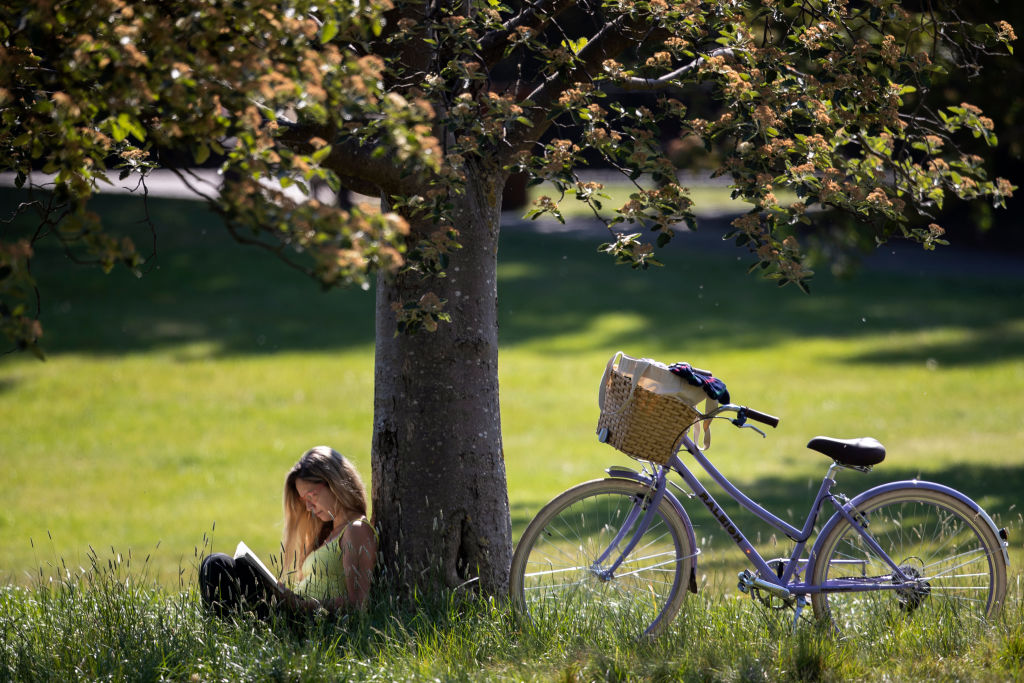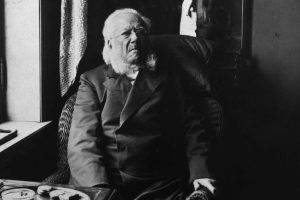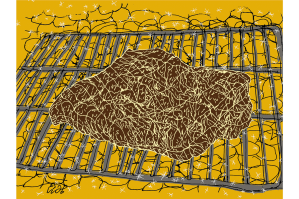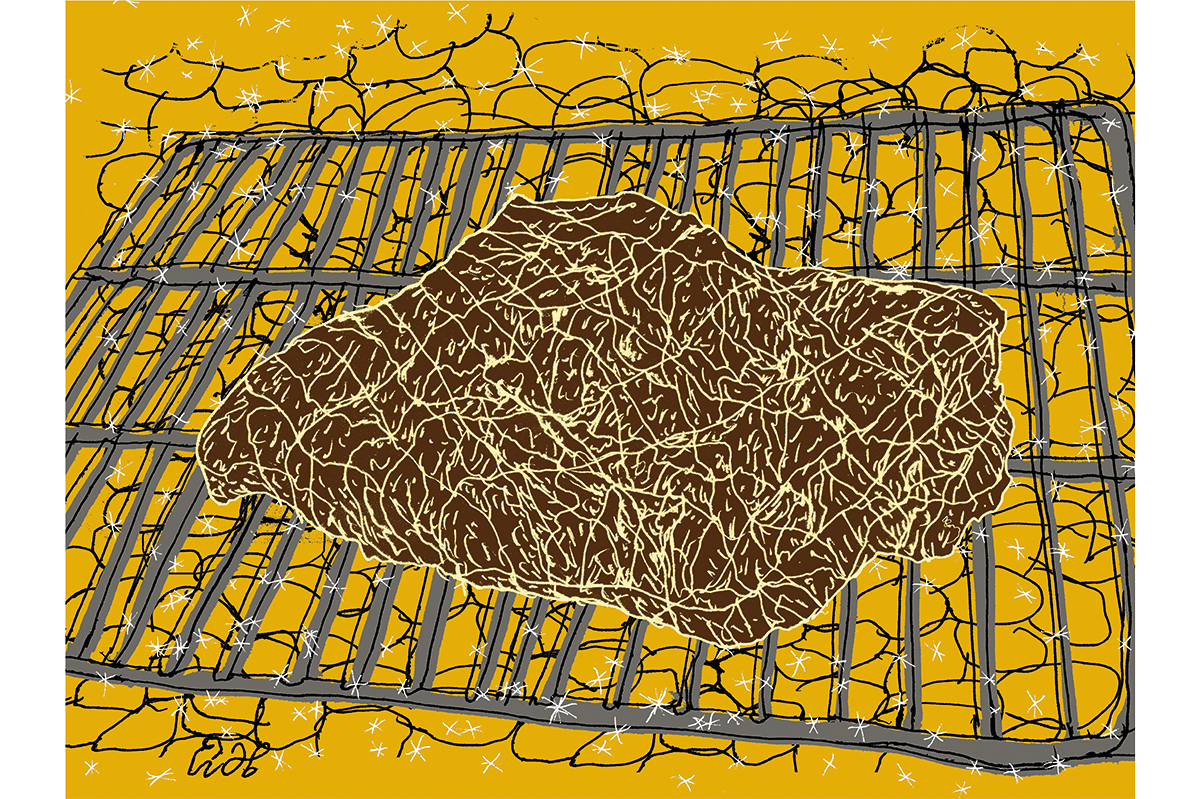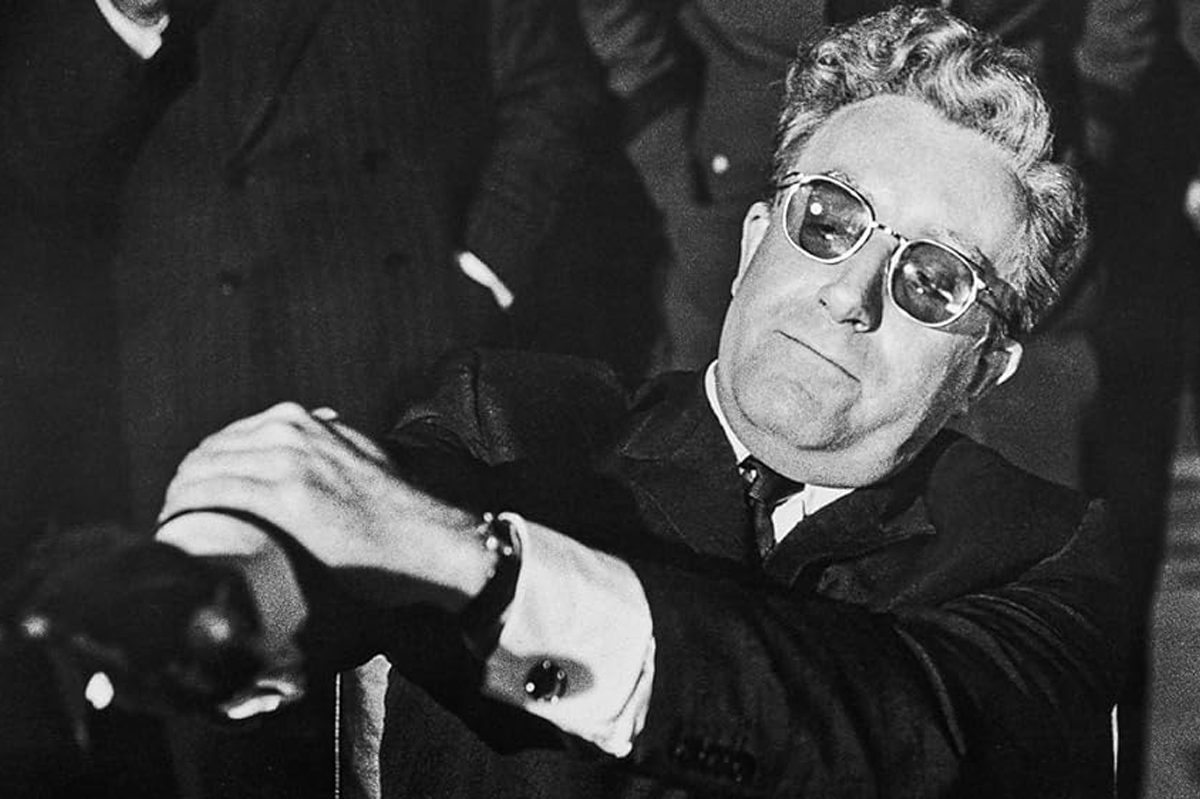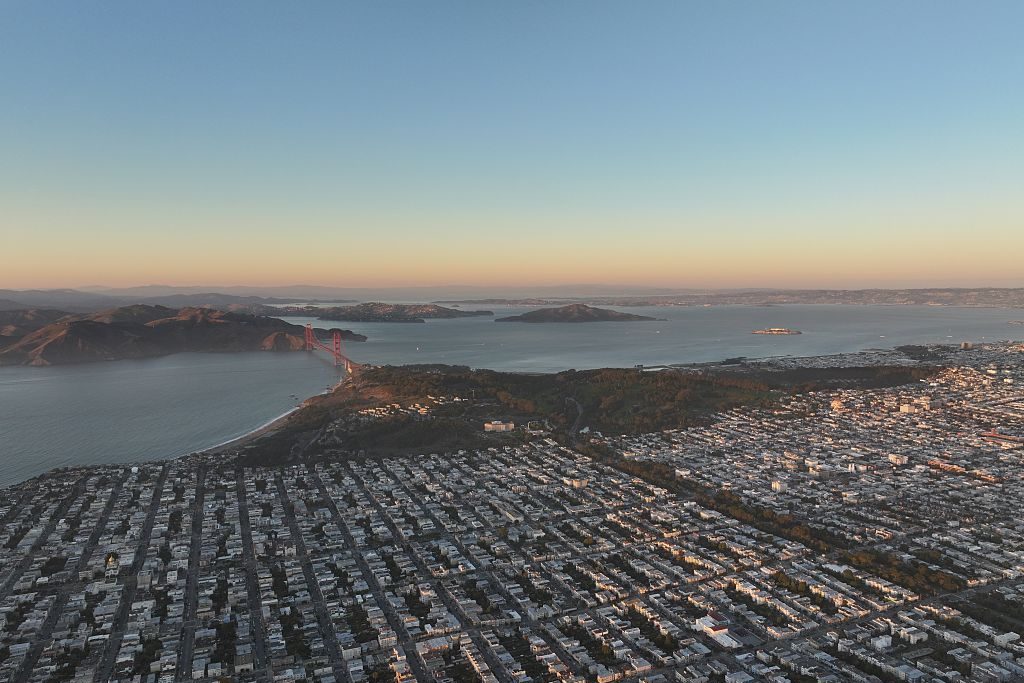I grew up in a northeastern state, and when I moved to Washington, there were plenty of culture shocks I had to get used to. The Metro seemed like a revelation, a magical train that whisked you under the White House and the National Mall (this was back when DC public transportation actually worked). Less appealing were the crime notices slapped about my neighborhood: I saw one once — I’m not making this up — that reported a real-life nunchuck attack.
But the biggest shock of all was, and still is, the heat. Where I grew up, a 100-degree day was an event. That’s all the more so because my parents didn’t have so much as a window air conditioner until I was around ten years old. In the frozen reaches of Up North, this was a perfectly normal way to live. In DC, meanwhile, they have another word for 100-degree days: July. Long humid afternoons slink past with the heat index stuck in the triple digits. The city feels like a giant pressure cooker as the concrete and asphalt absorb the sunlight.
This is all the more dismal because, at least before the work-from-home revolution, many Washingtonians insisted on dressing like they were due at a three-scotch lunch with Don Draper. Head up to Capitol Hill on an August afternoon and you saw suited-and-tied staffers oozing down the sidewalk, pretending like they weren’t melting beneath their blazers. There’s a reason foreign ambassadors used to hate coming here. Christopher Buckley, in one of his essays, says that when he moved from New York to Washington, “I soon developed the habit of opening any refrigerator I passed and inserting my head in it.” Air conditioning has changed that somewhat, but the city remains a glorified Everglade.
The story famously goes that Washington, DC became America’s capital thanks to a compromise between Alexander Hamilton and Thomas Jefferson. Hamilton won the right for the federal government to assume the states’ Revolutionary War debts, which forever reshaped economic policy and the nature of American federalism. Jefferson won… a muggy spit of land for the White House. Not the art of the deal, that. (Though Hamilton’s establishment of federal credit later enabled Jefferson to negotiate the Louisiana Purchase, so maybe it wasn’t a total loss.)
Either way, Hamilton’s hoodwinking of Jefferson consigned countless politicians, lobbyists, consultants, and journalists to summers from hell. Right where they belong, I hear you say, and you’re right. Still, for those of us who happen to live here, it’s hard not to think we got screwed by yet another condescending New Yorker. On Wednesday, the heat index here topped out at 107. 107. For those unfamiliar with such balmy climes: you can’t do anything when it’s 107. You can’t take a walk when it’s 107. You can’t lie in a hammock when it’s 107. Even the best air conditioner turns into Sisyphus. Sit in front of an industrial-strength fan duck-taped to an ice block for three hours and your shirt will somehow still stick to your back.
For Washington’s hive of worker bees, this poses a grave problem. The federal government might have a reputation for laziness, but the real ethos around these parts is to work until you drop. A job in Washington is performative: people do them loudly, ostentatiously, then get off work and talk about nothing else. DC is the only place in the known universe where anyone ever introduces themselves this way: “Hi, I’m a lawyer.” Yet the heat makes any kind of work far more difficult. What’s a strong, independent, career-oriented girlboss to do? Or even a lowly scribe like myself? I never do my best writing in the summertime, the reason being that my brain is bubbling like a stew in a Dutch oven.
Yet what I’ve come to accept over the years is that this is OK. The GDP will survive; so will everyone’s meticulously updated LinkedIn pages. The idea that man is mere homo economicus, that his great purpose in life is to hunch over a desk and feed the national output, is bullshit. Hard work has its place and there’s no justifying too much laziness. But maybe, in the dog days at least, it’s OK to be a little sluggish. The Europeans seem to have figured this out, dashing off every August to month-long holidays in the south of France. Some of them even take siestas, lucky as they are.
Maybe it’s time for us sweltering Yanks to take a cue. Because few things in the dog days are more refreshing than a lie-down after lunch. Same with a quintessentially European afternoon trip to the pub. The dim lighting contrasts refreshingly with the solar apocalypse raging outside and the beer quenches your thirst. Plus your mind is already gooey from the heat. Nothing to do but drink up and feed the mental haze.
In a recent essay here at The Spectator, Francesca Peacock argued it was time to rediscover indolence as a virtue. And while I’m not advocating we spend every August play-acting The Sun Also Rises (though I’m also not not advocating it), a little summertime aimlessness might do us some good. As I write this, it’s broiling hot outside and a woman just jogged past my window. I’ll be in the basement with a cold one and my chair reclined back as far as it will go.



